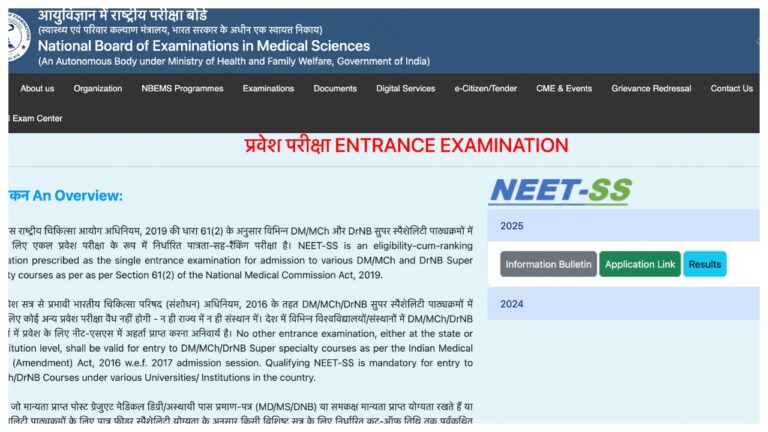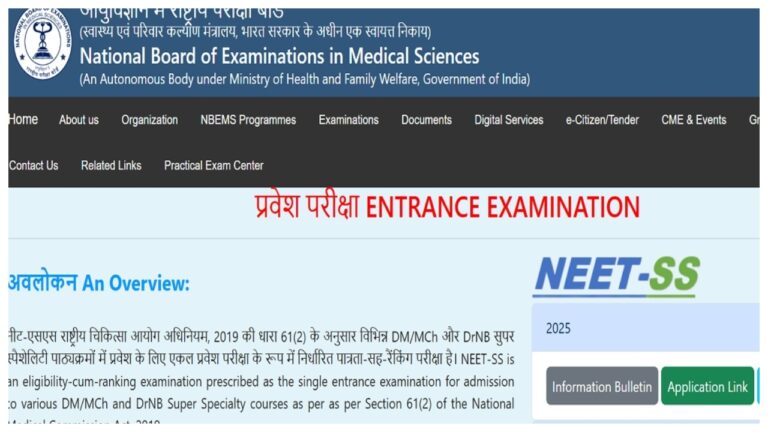Heart disease is one of the biggest health problems in the world today, killing millions of people every year. Even though medical understanding and technology have improved, CVD is still the leading cause of death around the world. To fight this hidden killer and ensure future generations are healthy, we need to know the risk factors, signs, and ways to avoid getting it.
The Alarming Prevalence of Cardiovascular Diseases
Heart failure, arrhythmias, stroke, and coronary artery disease are all cardiovascular diseases. The WHO says that over 18 million people die every year from CVD, which is 31% of all deaths in the world. This shocking number shows how much instruction and prevention are needed.
Key Risk Factors: Identifying the Threats
Lifestyle adjustments may reduce various Heart Diseases: Cardiovascular diseases remain a leading cause of death risk factors:
- High Blood Pressure: The “silent killer” hypertension increases heart disease risk. High blood pressure damages arteries, causing heart attacks, strokes, and other cardiovascular issues.
- High Cholesterol: Plaque in the arteries from high LDL levels restricts blood flow and increases heart attack risk.
- The primary cause of heart disease is smoking, which increases the risk of coronary artery disease, stroke, and other cardiovascular disorders.
- High blood glucose levels damage blood arteries, increasing the risk of heart disease in diabetics.
- Being overweight or obese and inactive leads to heart disease risk factors such as high blood pressure, diabetes, and cholesterol.
Check for Symptoms
Heart disease symptoms are typically subtle and easy to miss. Warning indicators include:
- Chest Pain: Angina, or chest pressure, is a primary heart disease symptom.
- Shortness of breath, particularly during exercise, may signal cardiac disease.
- Undiagnosed weariness or weakness may indicate heart failure or other cardiovascular issues.
- Palpitations or arrhythmia might indicate cardiac problems.
Preventive Measures: Taking Control of Your Heart Health
Lifestyle adjustments and early intervention may prevent heart disease, a significant health threat:
- A Heart-Healthy Diet: Eating fruits, vegetables, whole grains, and lean meats reduces the risk of heart disease. Consuming low sodium, saturated fat, and sugar is also important.
- Regular Physical Activity: For cardiovascular health, exercise 150 minutes per week at moderate intensity.
- Stop smoking: Quitting tobacco is one of the best strategies to lower heart disease risk.
- Manage Stress: Chronic stress may cause heart disease. Meditation, deep breathing, and relaxation reduce stress.
- Monitor Health: Regular doctor visits may identify and treat risk factors like high blood pressure and cholesterol early.










